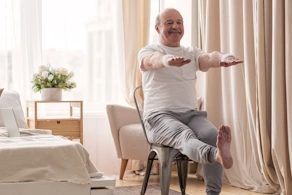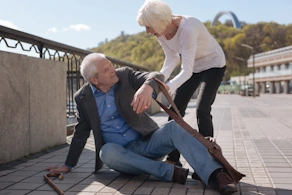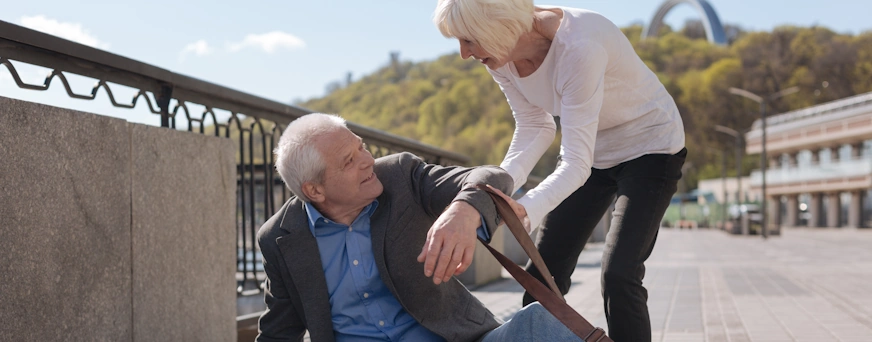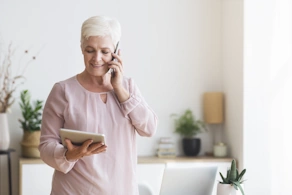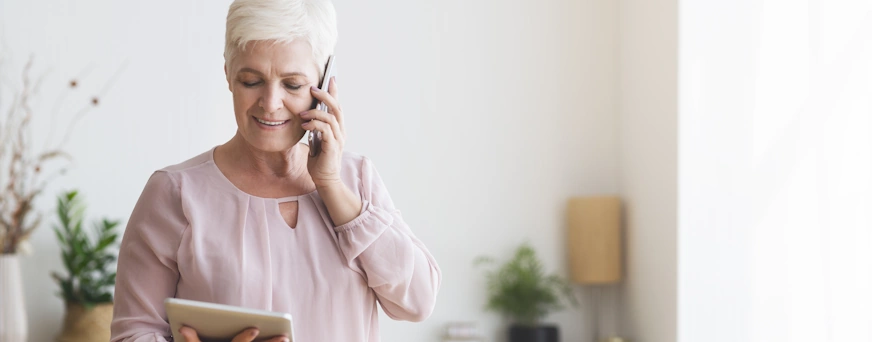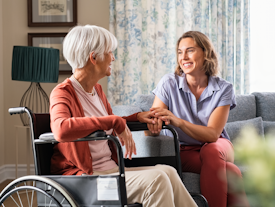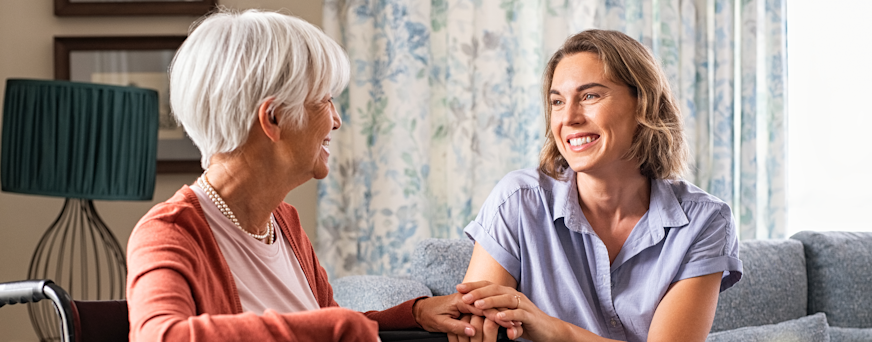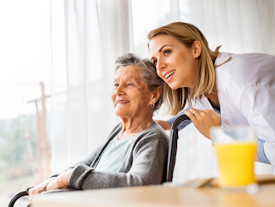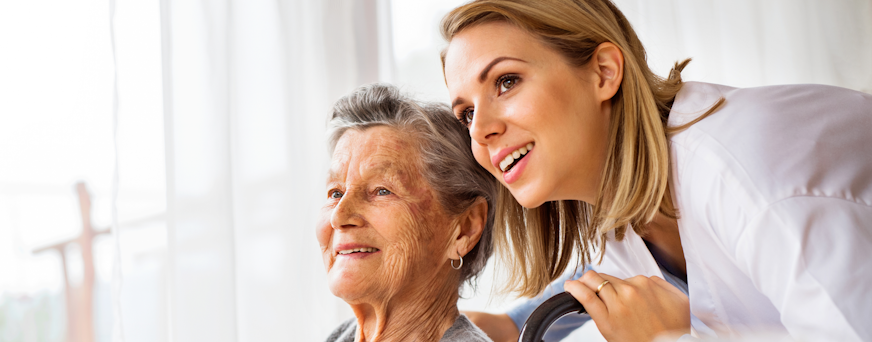How a Help Button Can Increase Safety for Seniors Living Alone
Our Key Takeaway
A help button gives seniors fast access to trained support with one press, offering immediate help, fall alerts, and GPS-backed response anywhere in Canada. It strengthens independence, prevents complications from long waits after falls, and brings peace of mind to families while keeping daily life safe and steady.
A help button is a small wearable that calls for help fast. You press it after a fall or worry, and help comes. You live alone in Canada, maybe icy winters or quiet towns. This simple button keeps you linked to responders across provinces and territories.
You stay independent while your family feels calm from coast to coast. This article shows you safety features that fit Canadian daily life. You learn fall alerts, GPS, response plans, and real call support. You also get buying tips for networks, budgets, apartments, and cottages.
Life Assure Product Quiz
Take our 30 second quiz and discover which Life Assure medical alert device is the right fit for you or a loved ones.
Life Assure Product Quiz
Take our 30 second quiz and discover which Life Assure medical alert device is the right fit for you or a loved ones.
How a Help Button Ensures Safe Senior Living in Canada?

You want to live at home and feel safe, day and night. A help button makes that goal real, even in tough Canadian weather.
Immediate Access to Assistance
Press one button, and a trained agent answers within seconds through the device. You speak hands-free, which helps if you feel weak or scared. Agents contact 911 or a neighbour based on your plan, you know.
They also share key details, like your unit number or lockbox code. That saves time when minutes matter, especially during storms or icy nights. You stay home, yet help reaches your door fast in any province.
Peace of Mind
Peace comes from knowing someone always picks up, even at 3 a.m. You sleep better, and so does a family who lives in another city. The device shows a ready light, which calms nerves during power flickers.
If the battery runs low, alerts remind you to charge it, well before trouble. You can also test the button weekly, which builds trust and routine. Calm minds make daily life easier, especially through long Canadian winters.
Increased Independence
A help button lets you move freely, not hover by a phone. You shower with a waterproof pendant, which is where many slips happen. You visit the market, the library, or the seniors’ centre near you.
A mobile unit works on national cellular networks, not just Wi-Fi. That means safety follows you on the bus, in a taxi, or at the park. Independence grows because you choose your day without feeling alone or stuck.
Prevention of Complications
Faster help reduces time on the floor after a fall, which matters. Long waits can cause dehydration, pressure sores, or chills on a cold floor. Canadian homes get drafty in January, and body heat drops fast, you know.
A quick response lowers those risks and may shorten hospital stays. Agents can also call your doctor’s office or a nurse line for guidance. Early action often stops small problems from becoming big ones, simple as that.
24/7 Monitoring Anywhere in Canada
From downtown Toronto to a cabin near Kenora, support stays constant. Monitoring centres run all day, every day, including holidays and blizzards. Agents speak English or French, which helps in Québec and across New Brunswick.
If you travel between provinces, your profile travels with you as well. GPS on some units helps responders find you outdoors or in large buildings. You keep routine care close, even when you spend summer in cottage country.
Automatic Fall Detection
Fall detection sensors can sense a hard drop and call on their own. That helps when you cannot press the button due to pain or shock. If it was a false alarm, you simply tell the agent you’re okay.
The device listens and cancels help, which stops needless worry or trips. Settings can be tuned to reduce false triggers from daily bumps. You get a safety net that works even when hands fail or freeze.
When Do You Need a Help Button for Seniors?

You may feel fine most days, however risk can rise without warning. A help button steps in during those moments when life tilts suddenly.
Living Alone or Often Unattended at Home
If you spend long hours alone, a button closes the safety gap fast. Friends visit, but not always, and neighbours are busy, you know. Winter ice, loose rugs, or basement stairs can turn simple tasks risky.
With one press, someone answers, confirms your location, and sends help quickly. You keep daily freedom while covering the times when no one’s around. That balance lets you stay in your home longer and feel secure.
High Fall Risk or Balance/Mobility Issues
If you use a cane or walker, falls are a real concern. Certain medications can cause dizziness, which hits hard on stairs or ice. A help button makes every room feel closer to support, even the bathroom.
Wear it while reaching high shelves, carrying laundry, or shovelling a light path. If you slip, you won’t crawl for the phone or shout into cold air. You press, speak, and get help on the way without delay.
Chronic Health Conditions (heart disease, diabetes, epilepsy)
Some conditions change fast, then faster, with little warning or time. Chest pain, low sugar, or a seizure can make speech hard or impossible. The button gives you a simple path to help during those minutes. Agents share your health notes with responders, which guides care on arrival.
For example, they can mention diabetes or a history of seizures. That context saves steps at the door, which can speed treatment decisions.
When You May Be Unable to Speak or Reach a Phone (stroke, severe fall)
Strokes can steal speech or movement, kind of without notice at all. A pendant with a speaker keeps you heard from the floor or hallway. Fall detection adds a backup if you can’t press the button yourself. If you can press, do it; if not, the sensor may call anyway.
Responders get sent while time still helps, which is the point here. You stay safer even when the phone sits across the room, useless.
Conclusion
You want safe, independent days at home across Canada, every season, truly. A help button makes that possible, also easing family worries from afar. Press once, and trained agents guide next steps, even during harsh winters.
You keep routine, however support arrives fast in cities, towns, and cottages. In addition, bilingual service and GPS help responders reach your door quickly.



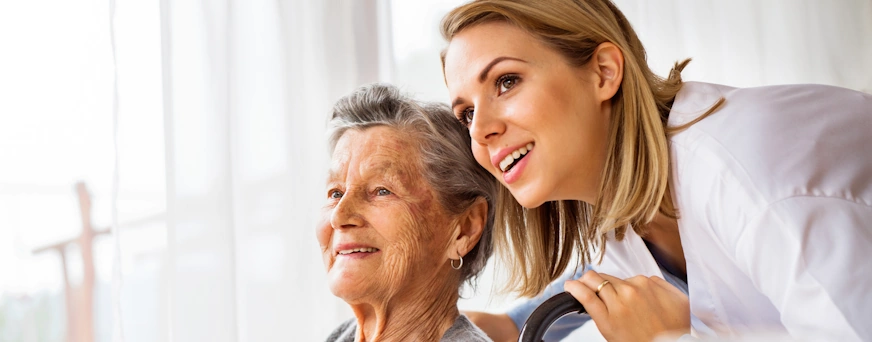



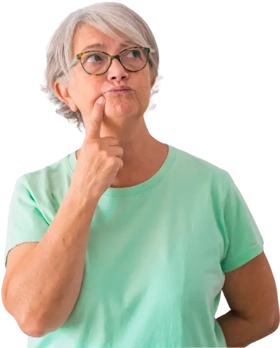



 Get Help With The Push Of A Button
Get Help With The Push Of A Button
